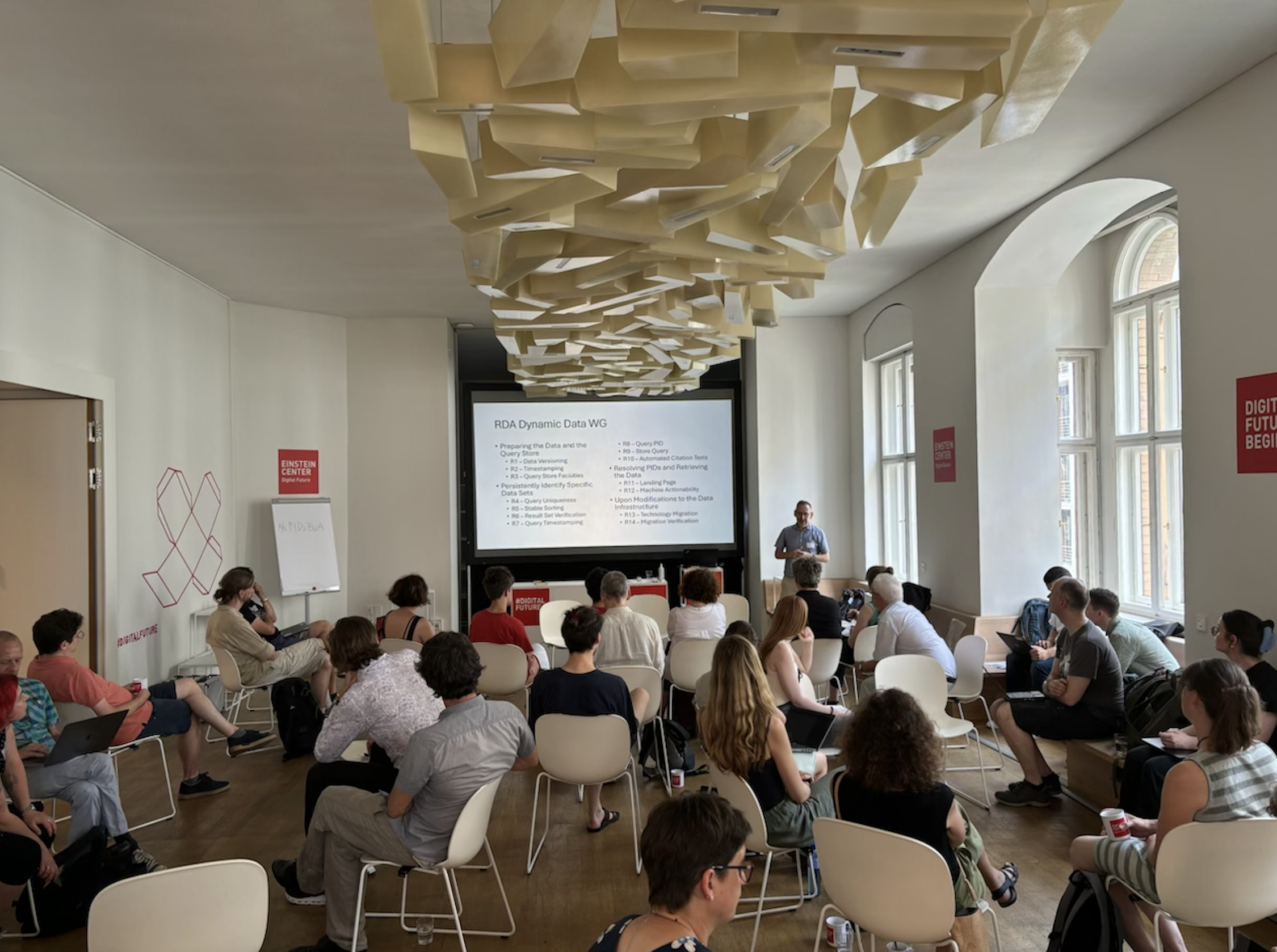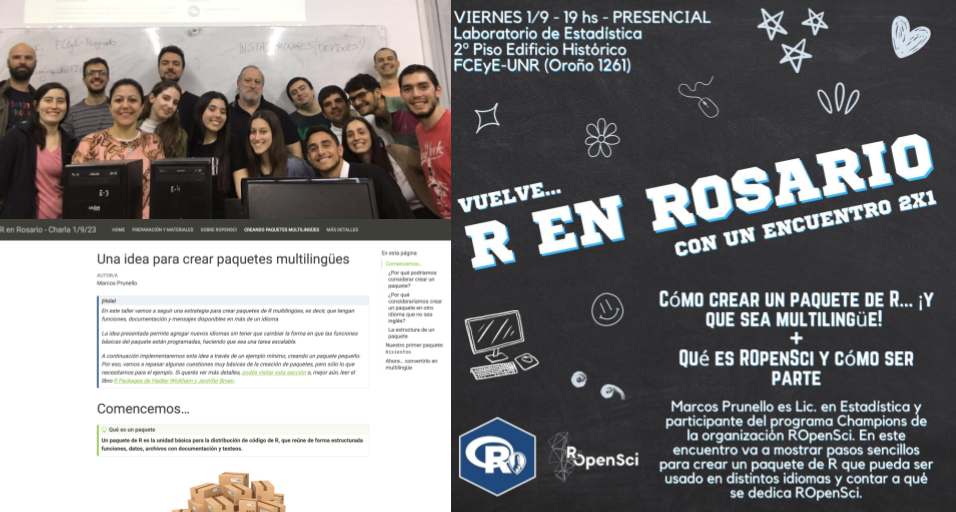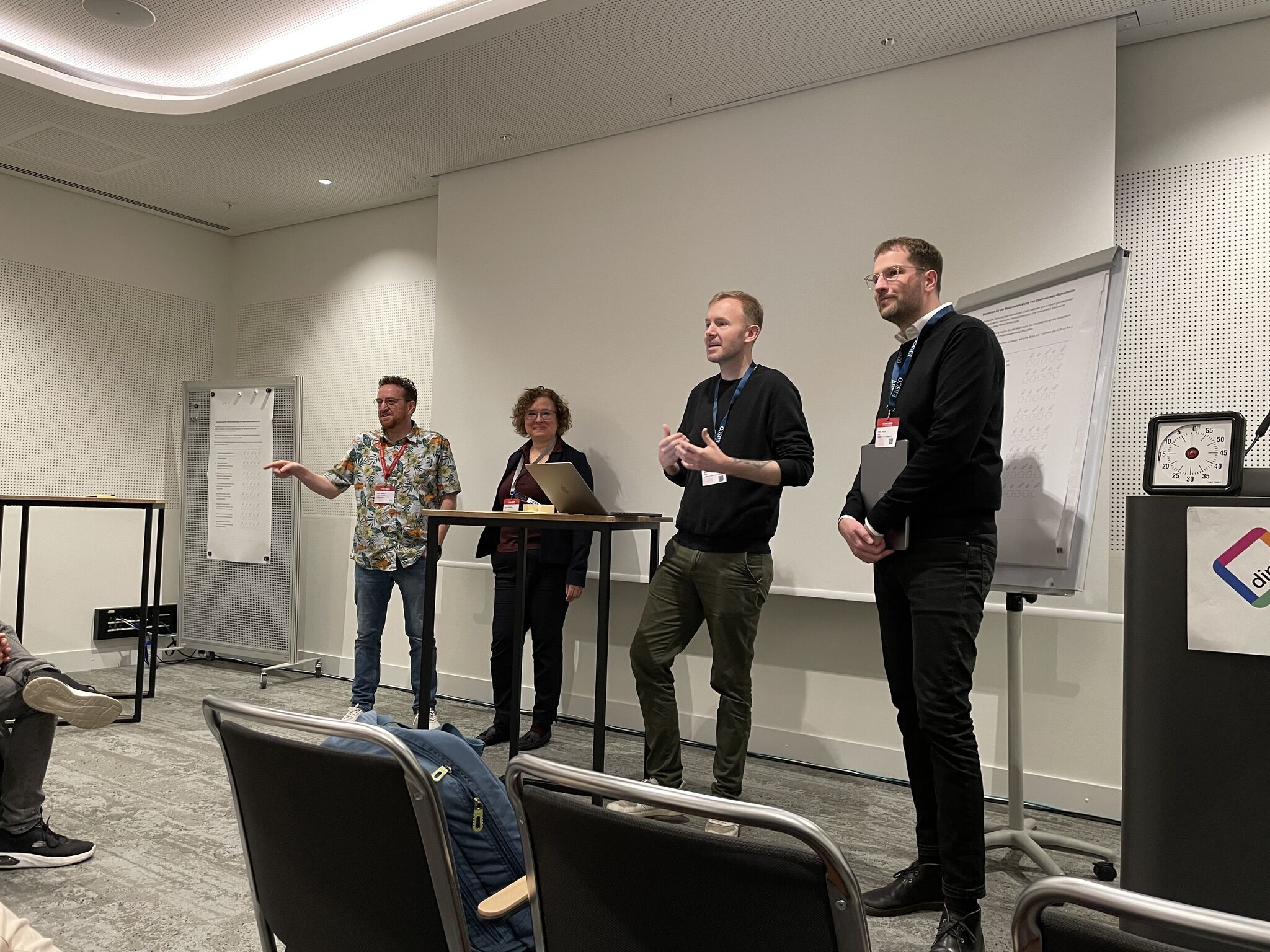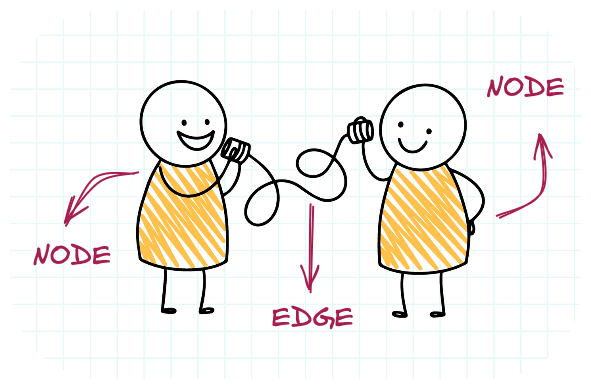
Regardless of whether one is just starting out or has already arrived in the community, as young librarians and information scientists, there are many interesting fields and new developments.

Regardless of whether one is just starting out or has already arrived in the community, as young librarians and information scientists, there are many interesting fields and new developments.

Research is inherently dynamic, leading to equally dynamic data. This dynamic nature of research data raises numerous questions for professionals in information management at research institutions, libraries, and computing centers. Despite the conceptual establishment of research data citation through persistent identifiers (PIDs) in some communities, practical challenges remain.

One of the best features of Strava is the battle to be King (or Queen) of the Mountain. Originally, in cycling, segments were typically climbs or difficult sections of road, and the simple idea, is who can complete the segment in the quickest time. Hence they would be KOM/QOM, King or Queen of the Mountain. Segments quickly expanded to pretty much any section of a course and to include running segments, to separate them from cycling.
Dear rOpenSci friends, it’s time for our monthly news roundup! You can read this post on our blog.Now let’s dive into the activity at and around rOpenSci! rOpenSci HQ Announcing New Software Peer Review Editors: Beatriz Milz and Margaret Siple We are excited to welcome Beatriz Milz and Margaret Siple to our team of Associate Editors for rOpenSci Software Peer Review.

On June 14 I was invited to present at the CZI Open Science 2024 event. I was asked to participate in “Case Study Session 3: Demonstrating Impact of Open Science” and to explore the challenges of using traditional academic metrics for measuring project impact with an emphasis on alternative approaches. I was very excited to share our experiences and to learn from others projects. Here I present a summary of this talk.

Earlier this month the Rogue Scholar science blog archive reached another important milestone: 100 science blogs registered and archived (with in total 16,179 posts). Rogue Scholar launched twelve months ago and this rate of adoption of the service has greatly surpassed my expectations. To celebrate this milestone, Rogue Scholar will drop all fees for blog authors going forward.

In the beginning of June 2024, Nature reported on the Japanese Ministry of Education’s plan to invest 10 billion yen in expanding institutional Open Access Repositories (Singh Chawla 2024). This initiative provides a good opportunity to discuss the future of Open Access Repositories at the https://2024.bibliocon.de/. In collaboration with the project “Professionalization of the Open Access Repositories Infrastructure in Germany” (Pro OAR DE)
Editorial: As formas dos textos e o ofício dos bibliotecários, por Roger Chartier Entrevista: Jacquelin Teresa Camperos Reyes, Suelen Camilo Ferreira e Stefanie Cavalcanti Freire Perspectiva: Iaguba Djaló, Januário Albino Nhacuongue, Lucas George Wendt, Doris Couto e Jeniffer Cuty Inovação: “Viajar sem sair do Lugar” - Projeto de remição de pena por leitura, de Ricardo Vieira da Silva e Léia Santos Outras divulgações: As bibliotecas públicas

In June 2022 I (Yani) become the rOpenSci Community Manager. To do a good job in this kind of role it is essential to know your community, so as soon I started I dug in: reading our documentation, learning our processes and their metrics, and conducting interviews with team-mates and community members.
"Daí a importância decisiva das tarefas e dos trabalhos dos bibliotecários e bibliotecárias que protegem os textos nas suas formas sucessivas, que descrevem sua materialidade e que permitem o encontro dos pesquisadores com os textos do passado nas formas em que foram lidos (e que não eram a tela de um computador)." destaca o historiador Roger Chartier, professor emérito do Collège de France.